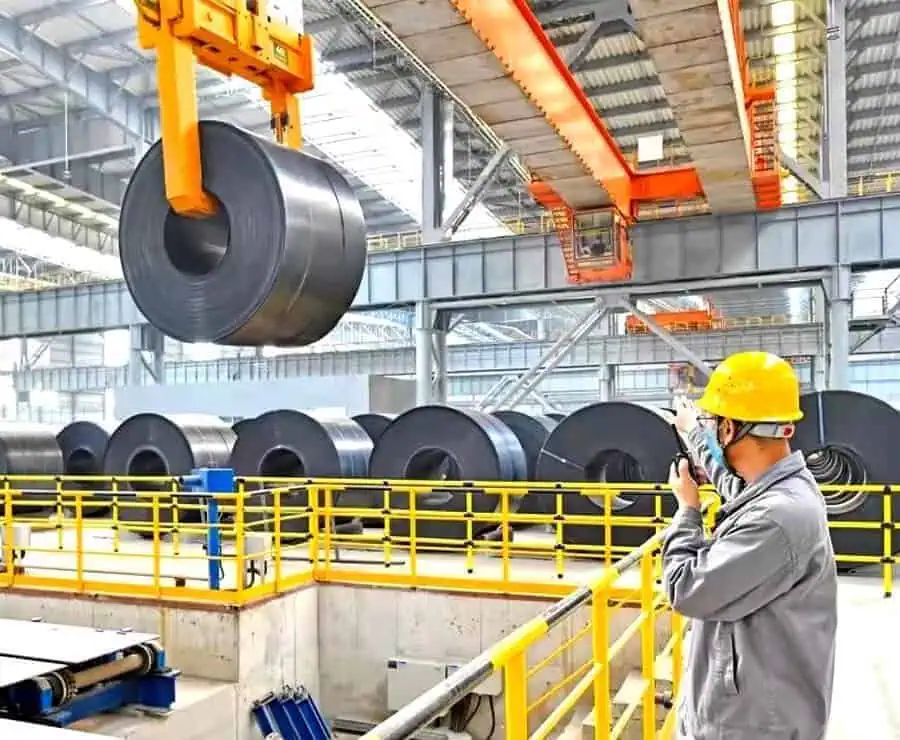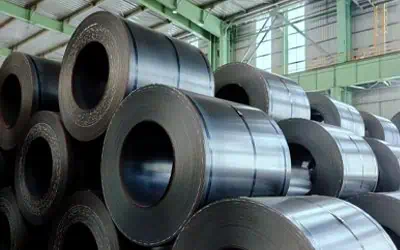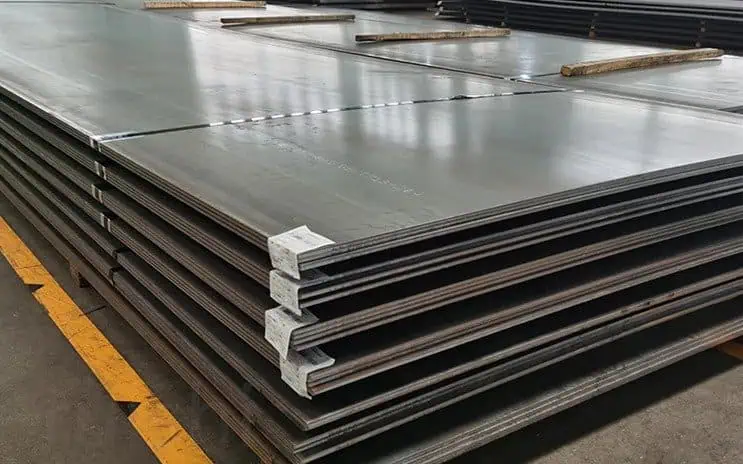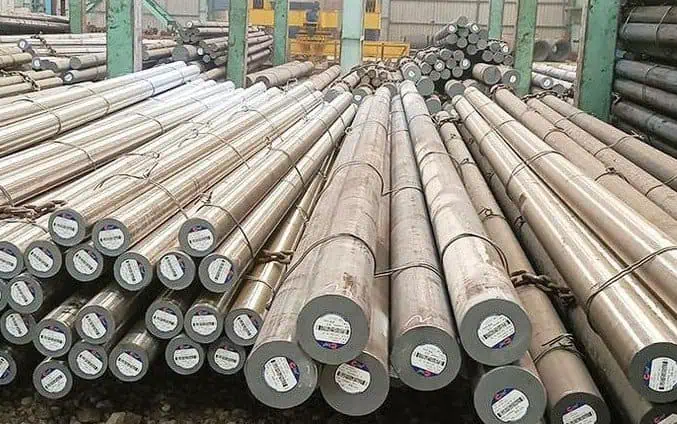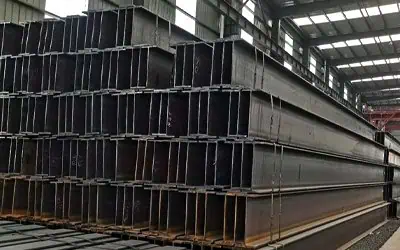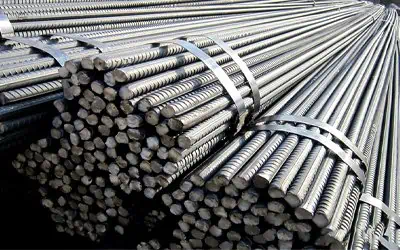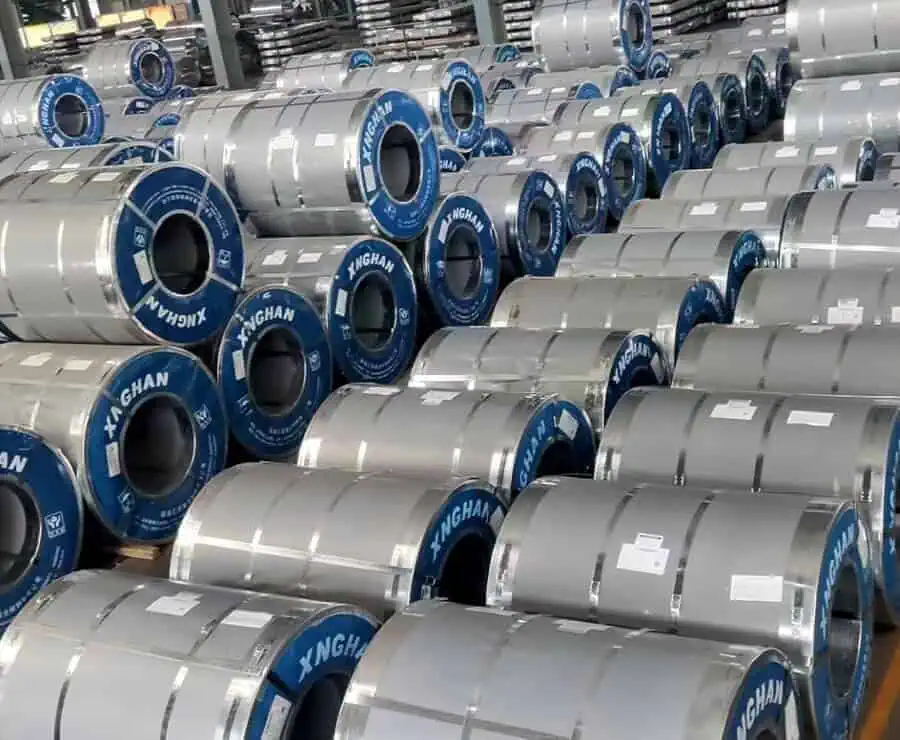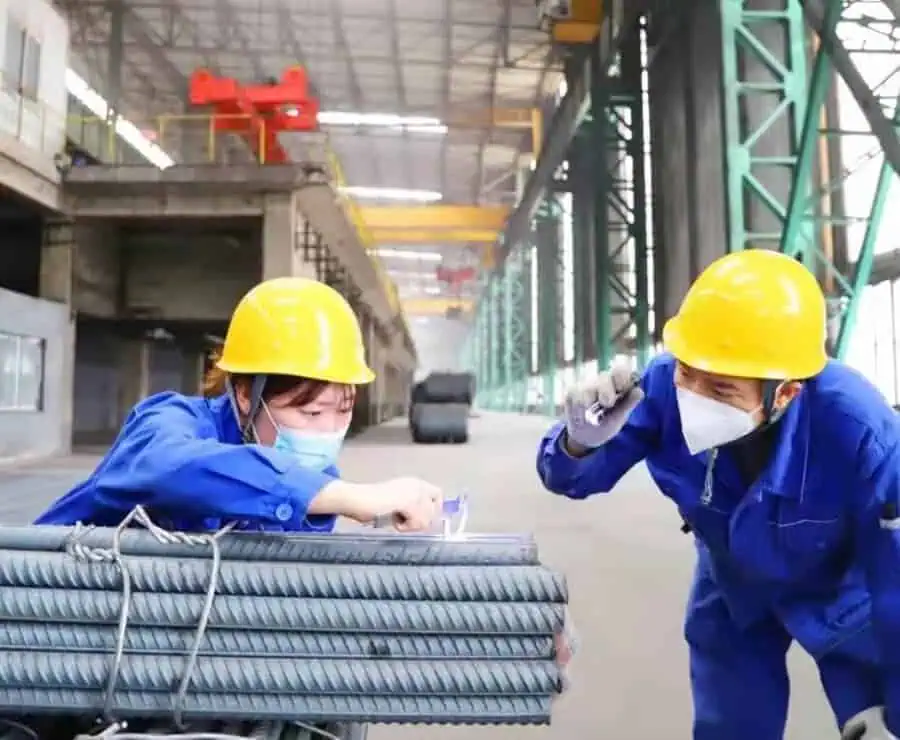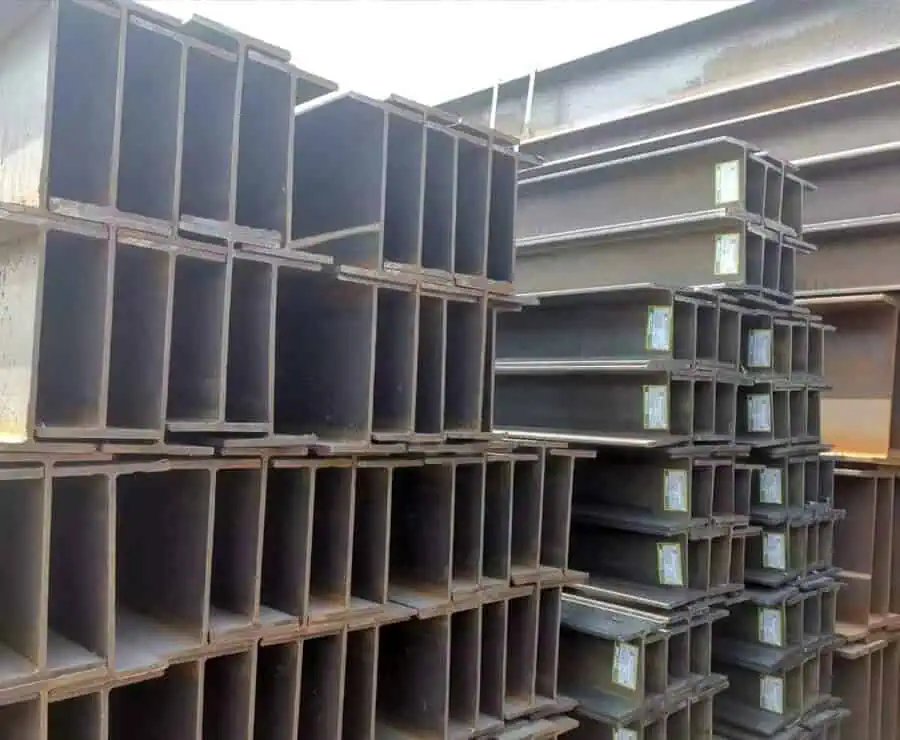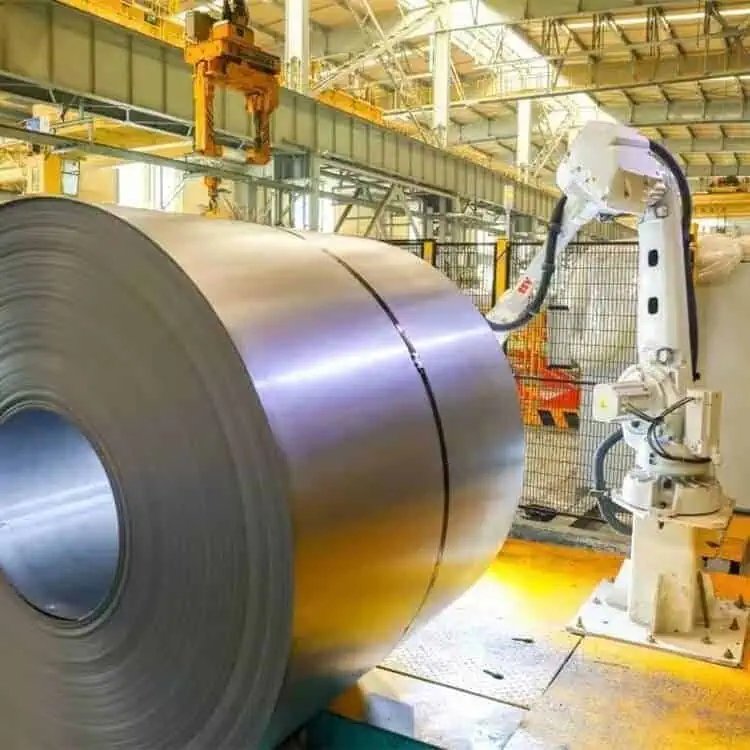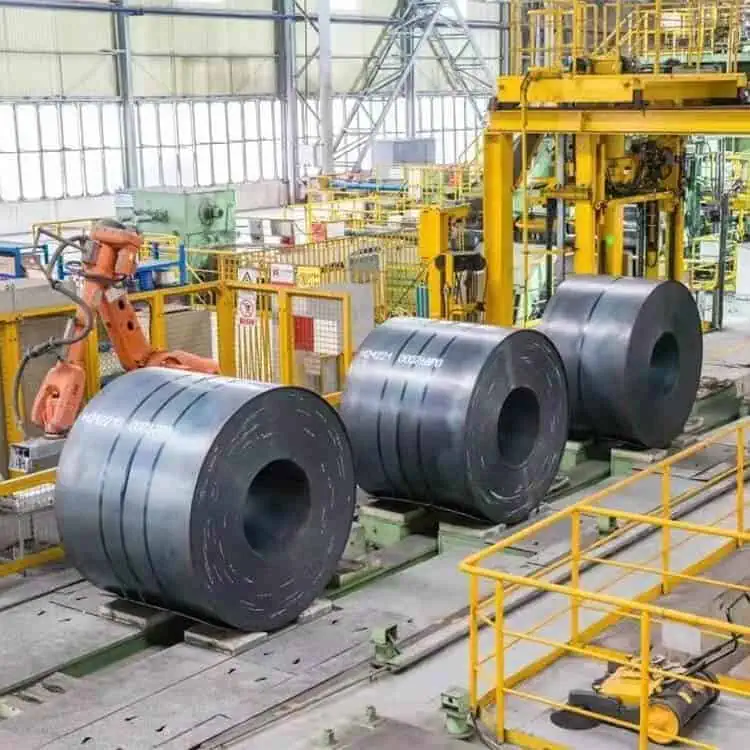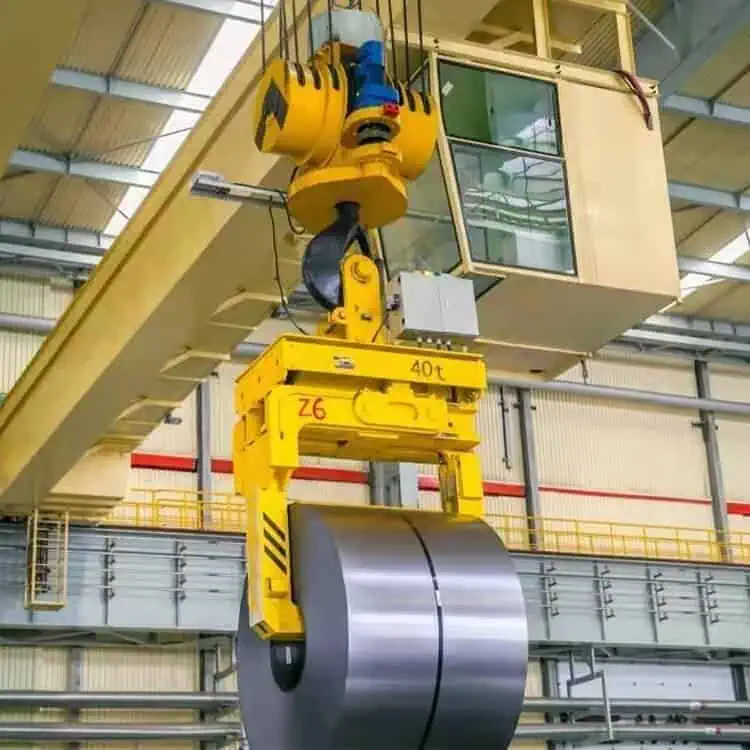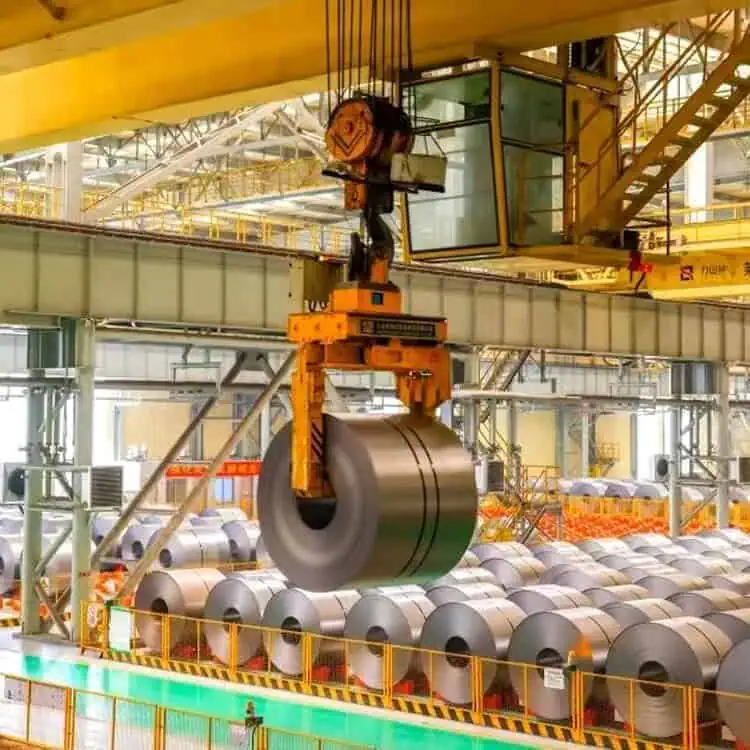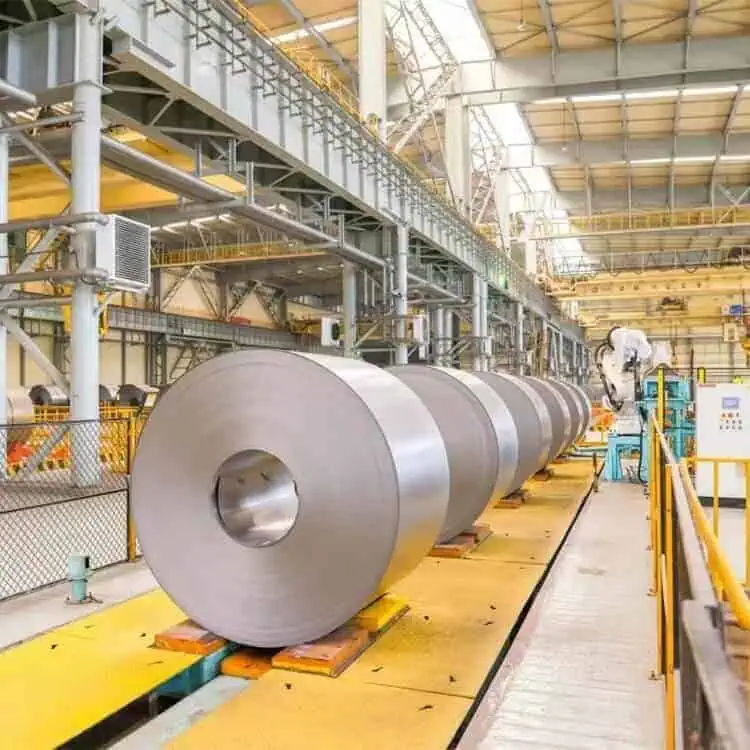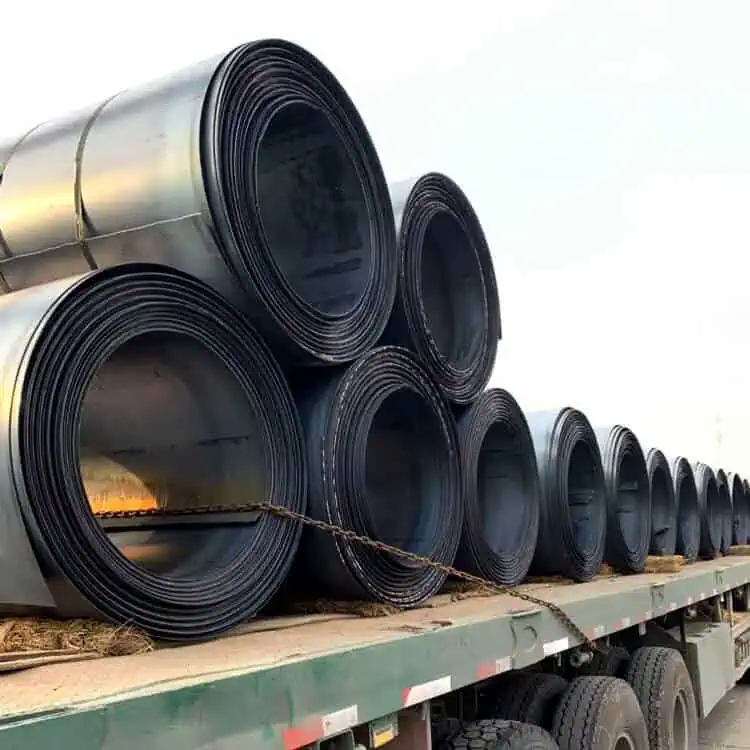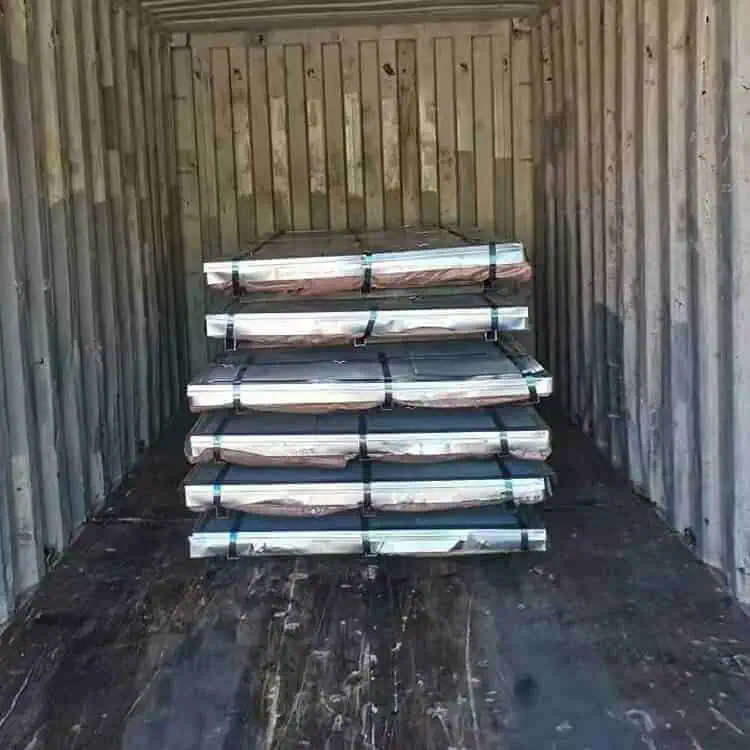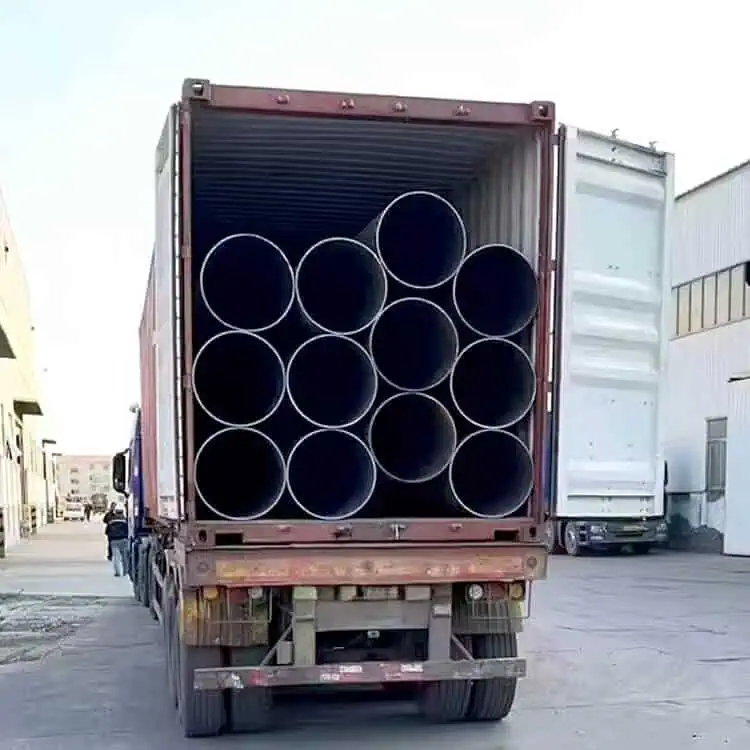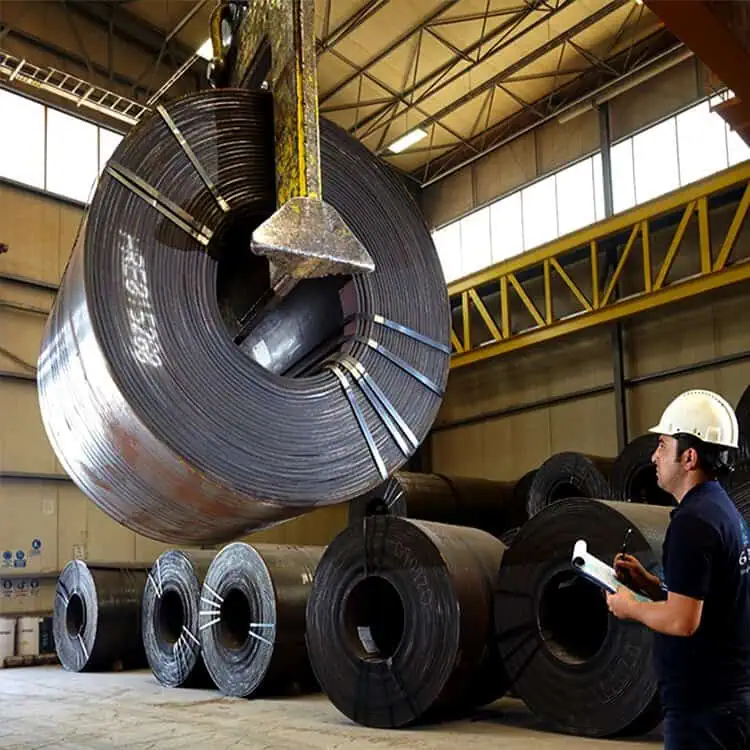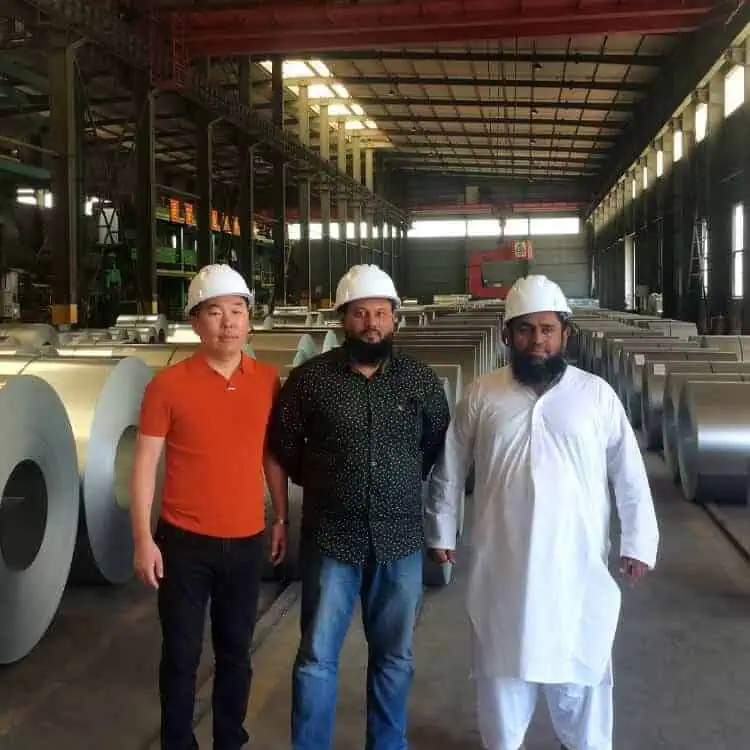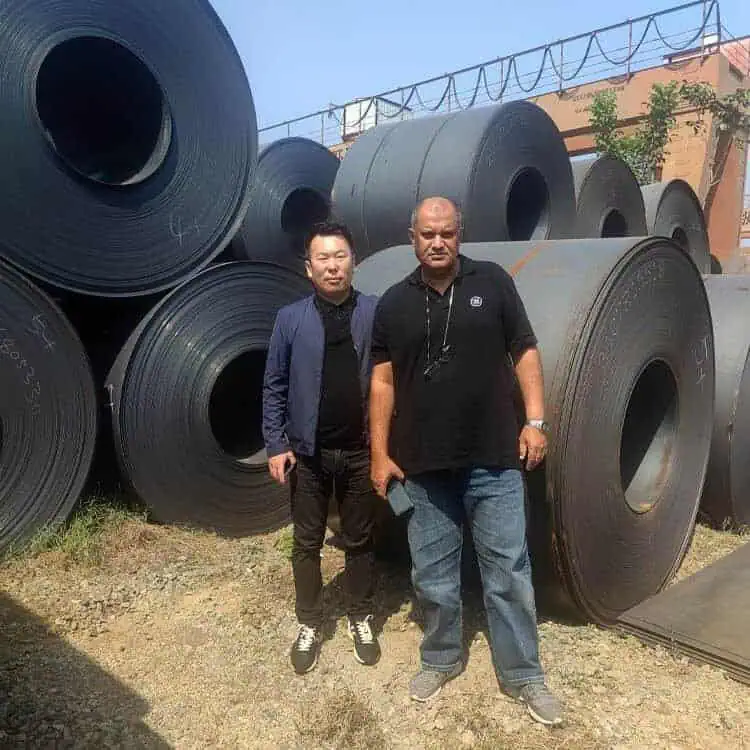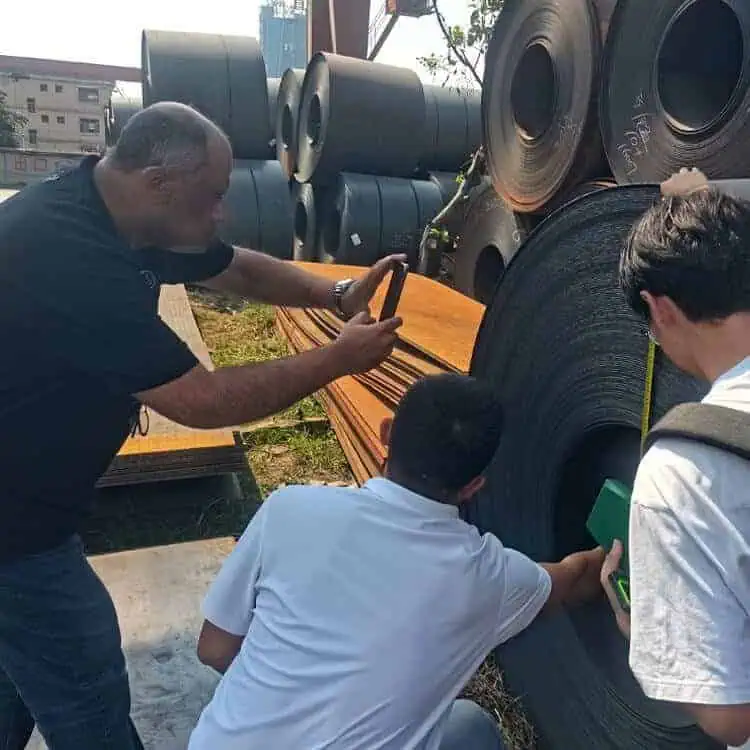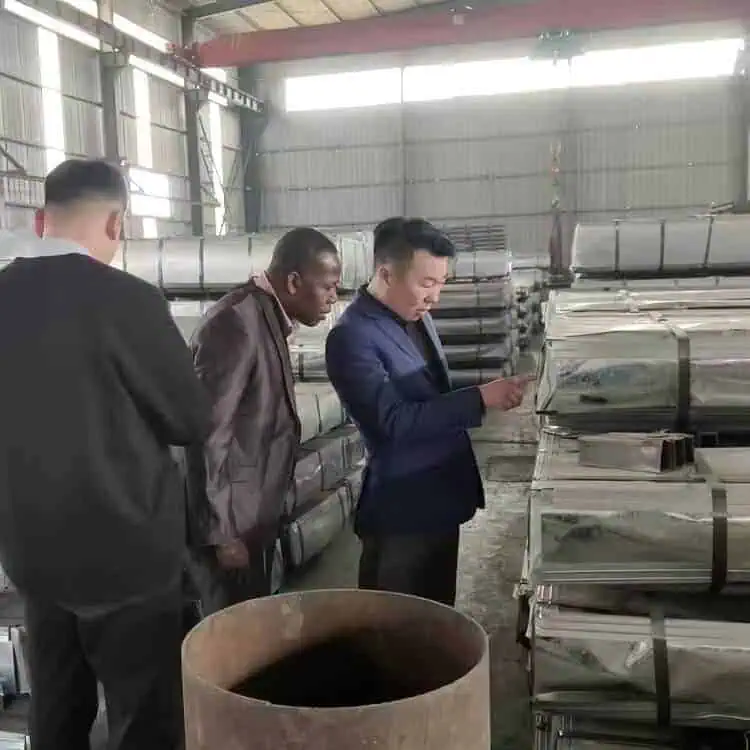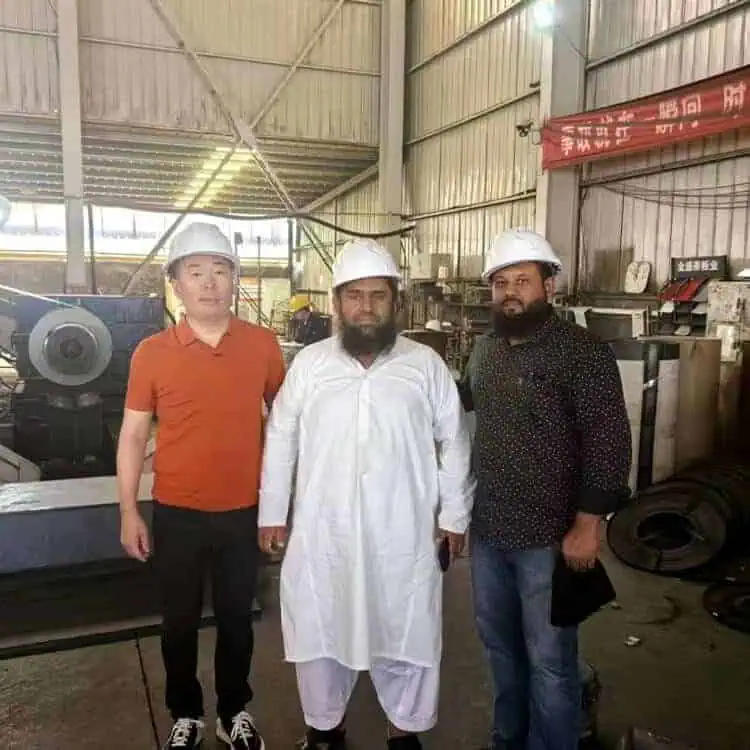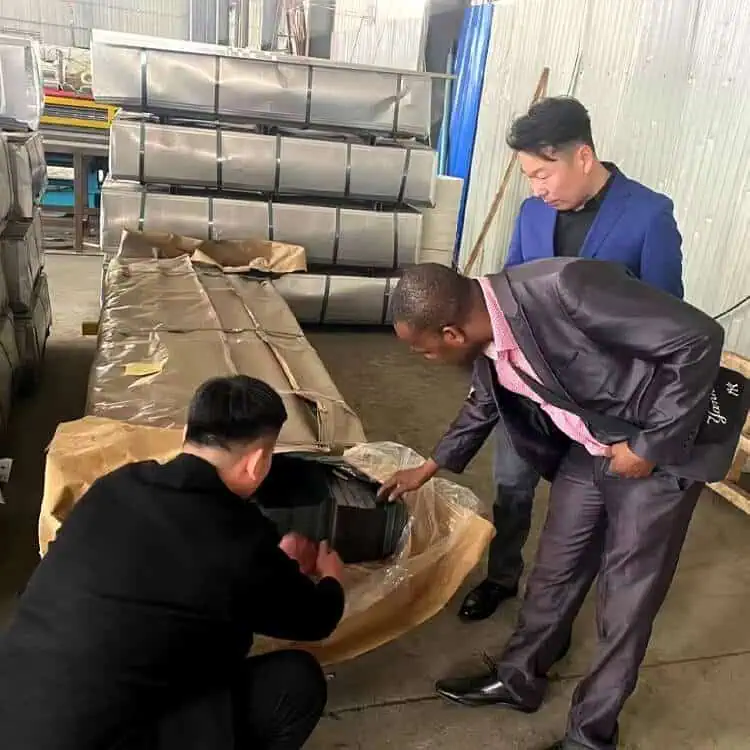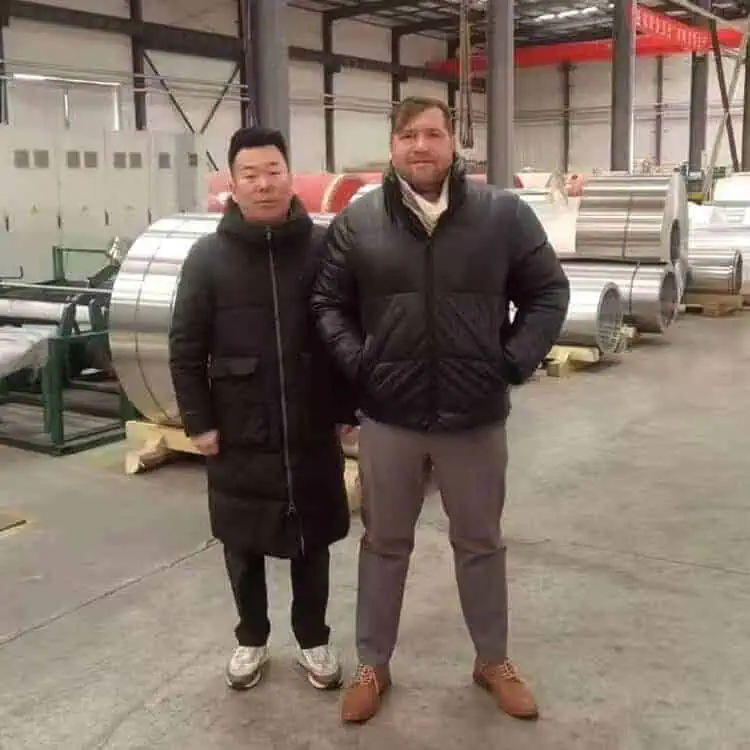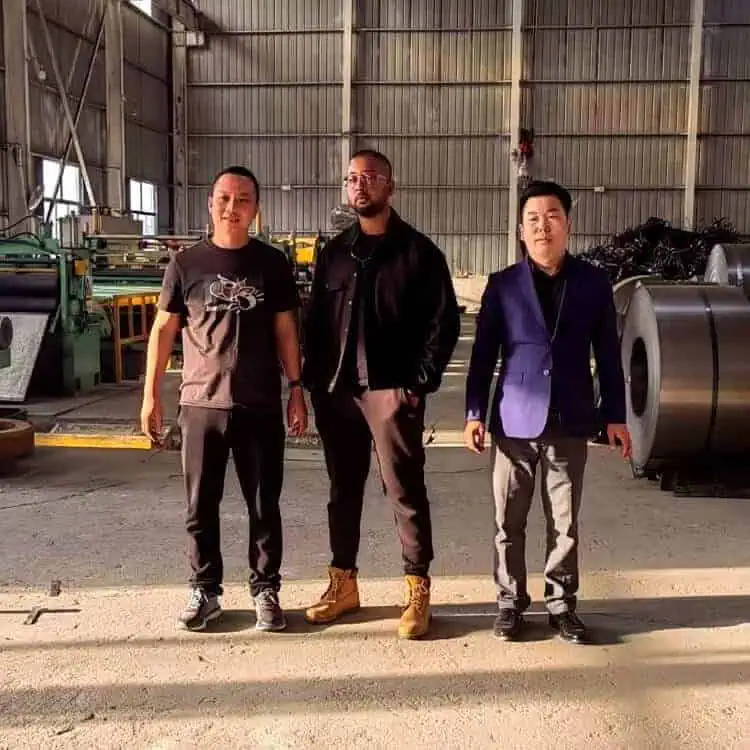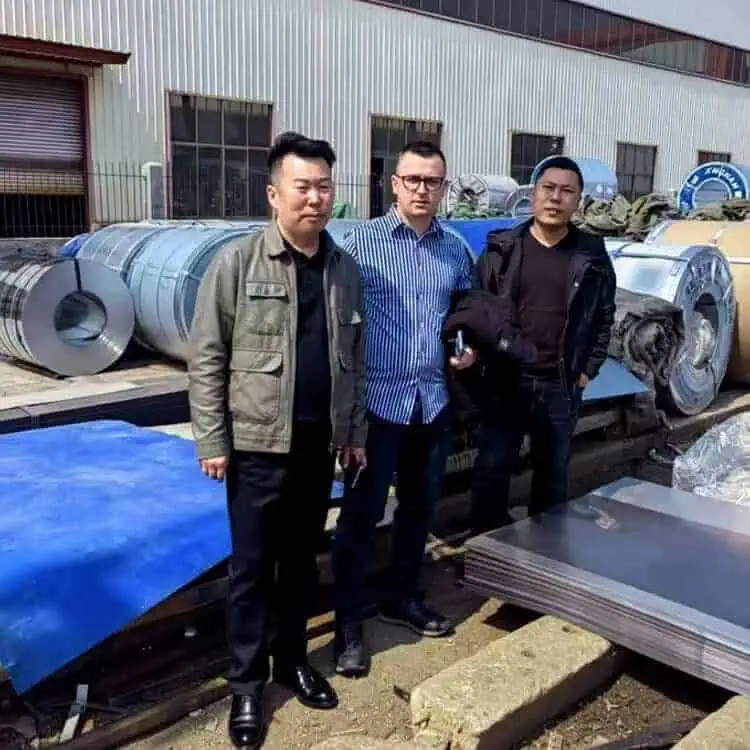Stainless Steel Pipe Overview
Stainless steel pipes are widely used across multiple industries due to their corrosion resistance, fortaleza, y versatilidad. These pipes are made from a combination of steel and a minimum of 10.5% cromo, which enhances their resistance to rust, corrosion, and staining. They are commonly used in environments where durability and longevity are critical, such as in chemical processing, construcción, food processing, and oil and gas pipelines.
This overview will explore the different types of stainless steel pipes, their key features, and their applications.
1. Key Features of Stainless Steel Pipes
1.1 Resistencia a la corrosión
The primary advantage of stainless steel pipes is their superior corrosion resistance. The high chromium content forms a passive oxide layer on the pipe’s surface that protects it from rust, stains, and corrosion caused by exposure to harsh environments. This makes stainless steel an ideal choice for industries that deal with moisture, chemicals, and high temperatures.
1.2 Strength and Durability
Stainless steel pipes are known for their high tensile strength and long lifespan. They are capable of withstanding extreme pressures and harsh conditions, making them ideal for industrial applications that require strong, reliable materials for fluid or gas transport.
1.3 Hygiene and Cleanliness
In industries like food processing, productos farmaceuticos, and water treatment, stainless steel pipes are preferred for their hygienic properties. The material’s smooth surface helps reduce the build-up of contaminants and makes it easier to clean, which is essential for maintaining high levels of sanitation.
1.4 Resistencia al calor
Stainless steel is able to withstand high temperatures without losing its strength. This makes stainless steel pipes suitable for use in high-temperature environments such as boilers, heat exchangers, and power plants.
1.5 Atractivo estético
Stainless steel pipes also provide a sleek, polished appearance, which is valued in architectural and design applications. The shiny, smooth finish makes them popular for both functional and aesthetic purposes in decorative architecture and furniture design.
2. Types of Stainless Steel Pipes
Stainless steel pipes are categorized into different types based on their manufacturing process, size, and grade. The two most common categories are seamless and welded pipes. Each type has distinct advantages depending on the application.
2.1 Seamless Stainless Steel Pipes
Seamless stainless steel pipes are made by extruding solid stainless steel billets into hollow tubes without any seams or welds. The absence of seams makes these pipes ideal for high-pressure applications, such as oil and gas transport and high-temperature environments.
2.2 Welded Stainless Steel Pipes
Welded stainless steel pipes are created by welding a flat piece of stainless steel into a tubular shape. These pipes are typically less expensive than seamless pipes and are suitable for lower-pressure applications. Welded pipes are available in a wide variety of sizes and grades.
3. Common Grades of Stainless Steel Pipes
The grade of stainless steel plays a crucial role in determining the pipe’s resistance to corrosion, resistencia a la temperatura, and overall performance. The most commonly used grades of stainless steel for pipes are:
3.1 Calificación 304 Acero inoxidable
Calificación 304 is the most common type of stainless steel used in pipe manufacturing. It is composed primarily of chromium (18%) and nickel (8%), which provides excellent resistance to corrosion, oxidation, and most chemicals.
- Aplicaciones: Food processing, beverage production, general piping systems, and architecture.
3.2 Calificación 316 Acero inoxidable
Calificación 316 stainless steel contains molybdenum (2-3%), making it more resistant to chloride corrosion compared to 304-grade steel. This makes it ideal for use in environments exposed to saltwater or other corrosive chemicals.
- Aplicaciones: Marine environments, procesamiento químico, pharmaceutical equipment.
3.3 Calificación 321 Acero inoxidable
Calificación 321 is similar to 304 but with the addition of titanium to stabilize the material and make it more resistant to high temperatures and stress corrosion. It is used in applications where the pipes will be exposed to elevated temperatures over extended periods.
- Aplicaciones: Exhaust systems, power plants, heat exchangers.
3.4 Calificación 410 Acero inoxidable
Calificación 410 is a martensitic stainless steel that offers good corrosion resistance and high strength. It is commonly used in environments that require strength and hardness but do not need the same level of corrosion resistance as grades 304 o 316.
- Aplicaciones: Valve parts, shafts, and other high-strength components.
4. Applications of Stainless Steel Pipes
Due to their excellent properties, stainless steel pipes are used in a wide range of industries:
4.1 Oil and Gas Industry
Stainless steel pipes are essential in the oil and gas industry for transporting crude oil, natural gas, and other chemicals. The pipes’ ability to withstand high pressure, extreme temperatures, and corrosive substances makes them an ideal choice.
4.2 Procesamiento químico
In chemical plants, refineries, and fertilizer production, stainless steel pipes are used to carry corrosive chemicals and gases. Their corrosion resistance ensures the safe transport of dangerous substances without compromising the integrity of the pipe.
4.3 Food and Beverage Industry
Stainless steel pipes are used extensively in the food and beverage industry due to their ability to withstand cleaning and sanitation processes. The pipes ensure the safe transport of liquids, gases, and powders without contamination.
4.4 Water Treatment Plants
Stainless steel pipes are often used in water treatment facilities for distributing clean water and carrying wastewater. Their resistance to corrosion and high-pressure tolerance makes them ideal for handling varying water pressures and aggressive chemicals used in treatment.
4.5 Construction and Infrastructure
Stainless steel pipes are widely used in plumbing, heating, and cooling systems in both residential and commercial buildings. Their longevity and resistance to corrosion ensure a reliable, long-term solution for structural piping needs.
4.6 Medical and Pharmaceutical Industries
In the medical and pharmaceutical industries, stainless steel pipes are used in sterile environments for the transport of gases, fluids, and chemicals. The non-reactive nature of stainless steel ensures that it does not interfere with sensitive materials.
5. Conclusion
Stainless steel pipes are a versatile and reliable material solution for many industries. With their corrosion resistance, fortaleza, and ability to withstand high temperatures and pressures, they are an essential component in applications ranging from oil pipelines to food processing. Whether you need seamless or welded pipes, Yuanchioffers a wide variety of stainless steel pipes in different grades, tallas, and specifications to meet your specific requirements.
If you are looking for high-quality stainless steel pipes for your next project, Yuanchi is your trusted partner for reliable products and timely delivery. Contact us today for more information and to place your orderhttps://www.bing.com/
